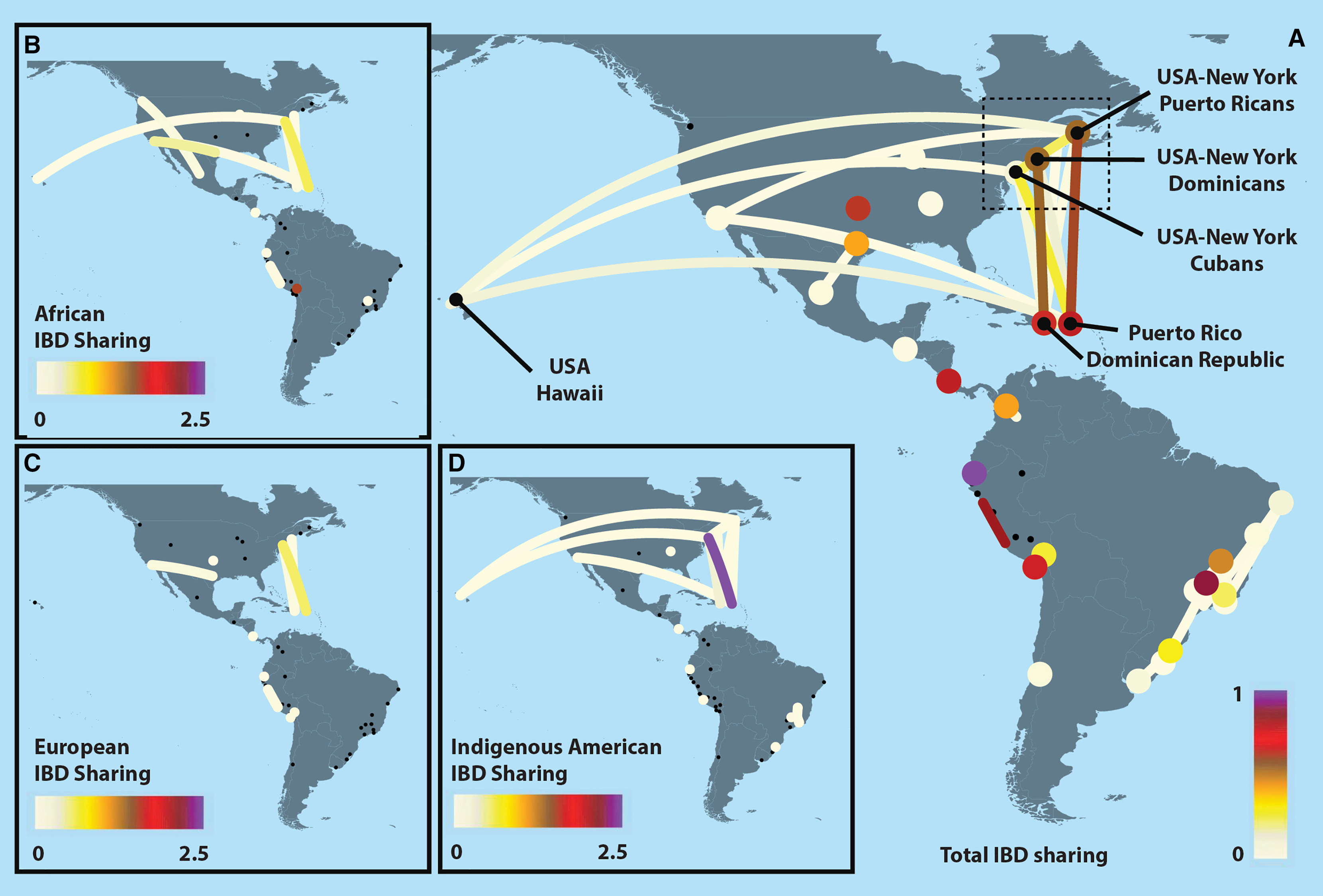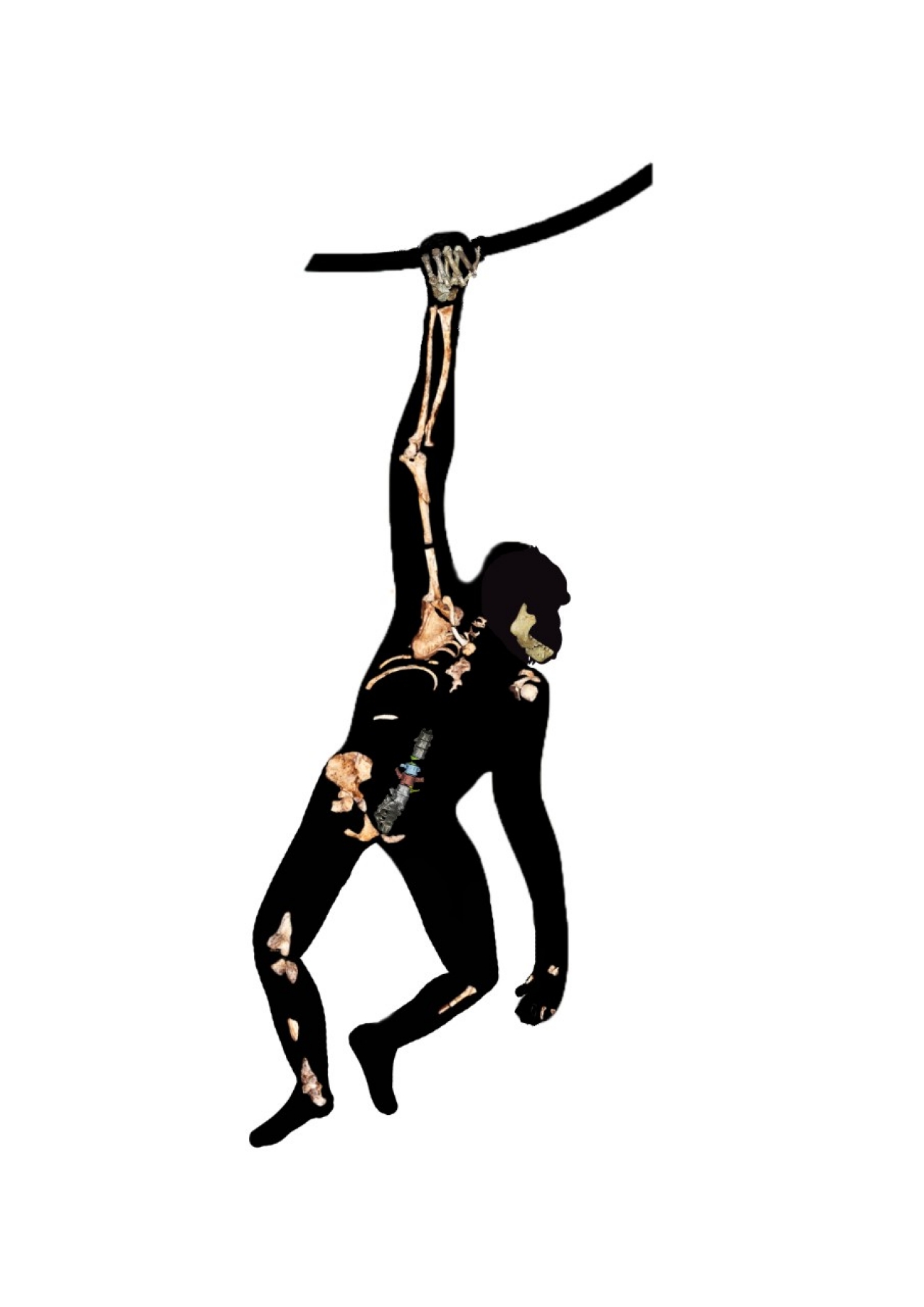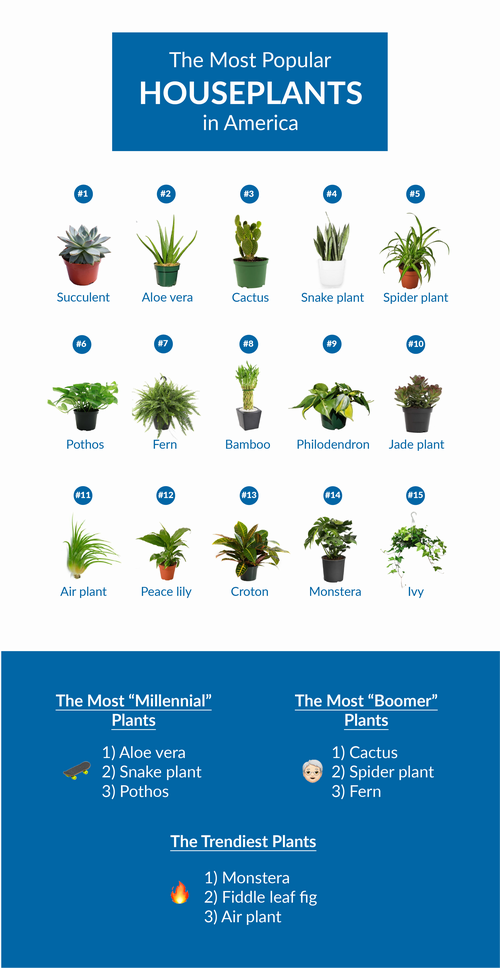 Even After Getting Cancer, Quitting Cigarettes Leads To Greater Longevity
Even After Getting Cancer, Quitting Cigarettes Leads To Greater LongevityCigarettes are the top lifestyle risk factor for getting cancer, though alcohol and obesity have...
 Non-Europeans Opt Out Of Genomic Databases, Leading To Lack Of Diversity
Non-Europeans Opt Out Of Genomic Databases, Leading To Lack Of DiversityWhen Senator Elizabeth Warren had her claims of native ancestry debunked by DNA testing, it was...
 Testicular Cancer Treatment: What Is The Gold Standard?
Testicular Cancer Treatment: What Is The Gold Standard?Testicular cancer is the most common solid tumor in young men, with approximately 10,000 diagnoses...
 Smarter Soybeans Mean Affordable Food In Poorer Regions
Smarter Soybeans Mean Affordable Food In Poorer RegionsIt is easy for wealthy countries to spend $135 billion on an organic food process that uses higher...










